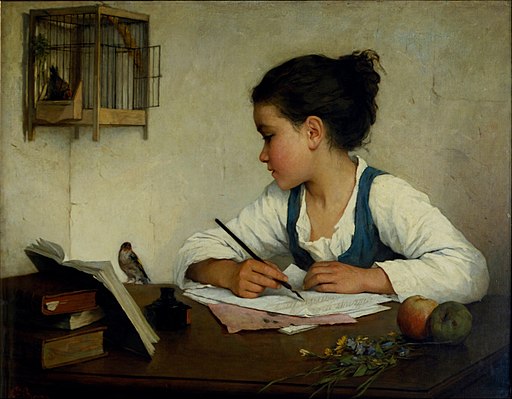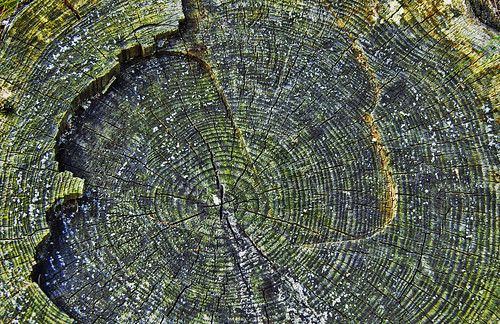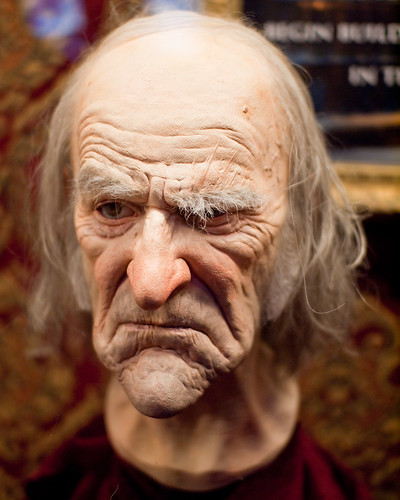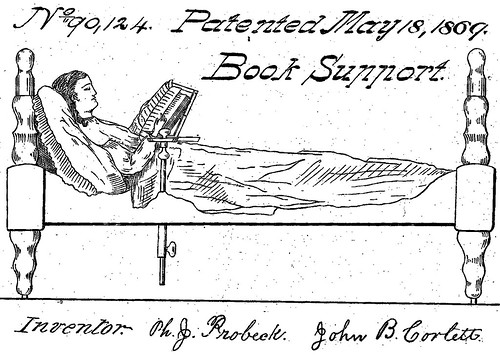Do you remember that era of uncertainty, back around the end of high school, when you were trying to figure out what to do with your life? Hoping that the right answer would magically appear before me, I took a test which promised a list of possible careers based on my primary and secondary traits.
For my blend of opposites (artistic and analytical), there were only two suggestions: fur designer – I think we have already established that I am probably not Cruella de Vil – and graphologist. I had to look the latter up: it means a person who practices the art of handwriting analysis.
Not the kind where you give evidence in court that the purported suicide note was written not by the lord of the manor but by the devious machinating butler (that’s graphanalysis, part of the science of Questioned Document Examination) but the fortunetelling sort, where you inspect a piece of someone’s handwriting and tell them what kind of person they are.

(Note: if you want to find out what kind of person you are, examining yourself will get you further than getting a stranger to examine your handwriting.)
I found the idea interesting, read a book or two about it, and then lost interest when I found it was considered a pseudoscience. But my interest in handwriting remained, and to this day I get irritated by people who proclaim that there’s no need to teach children to write by hand as in the future everyone will be using digital devices for everything and no-one will need to write anything by hand ever again.
Note: predicting the future is also a pseudoscience. Unless it’s either very short-range, or admitting a wide margin of error, or both. Refusing to teach children a practical skill because they might not need it is not responsible educating. That’s like abolishing driver’s ed because someone’s invented driverless cars. Yes, there are many ways in which inputting data into a digital device can replace writing things by hand. There are also many ways in which it can’t.
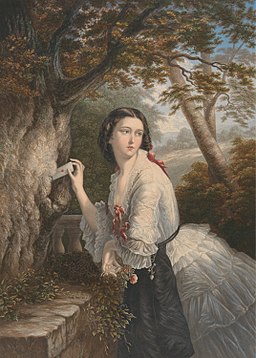
For example, people are more likely to remember things that they have written out by hand, because forming the letters and the words is a more interactive experience than pressing a series of keys or tapping a series of places on a screen. Paper and pen/cil are a lot more durable than an electronic device, don’t require ongoing access to electricity and don’t cost so much to produce.
They’re also a lot more flexible. If you want to do something different with your pen/cil and paper, you don’t have to wait for someone to write a program or app for you. You just do it. And while there are still language barriers, format is less of an issue. No one has ever had their love-letter returned by the postal service because their beloved’s letterbox couldn’t open that filetype.
Nor is paper subject to attacks from malware, or disappearances due to bugs in the system (although some kinds of insects do like to eat paper). Nor do you have to worry about Big Brother reading everything you write and taking notes. Nor do you have to buy a new one every five minutes because this kind of paper is totally two years ago and your pen won’t write on it any more.
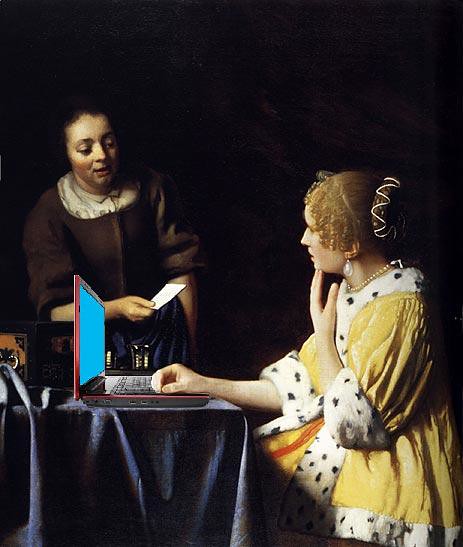
I am not a Luddite – not really. I welcome the recent suggestion that New Zealand school children should be taught to code. I think it’s an excellent idea to actually teach children to master the ways of the digital world, instead of being passive consumers. But that should be in addition to teaching them to write with their hands, not instead of. Just as radio, film and TV have not replaced books, nor e-books their physical counterparts, typing and tapping have not replaced handwriting – and until they do, it’s robbing children of a skill not to teach them how.
Of course, one can go too far the other way. I see no reason to force children to learn an elaborate cursive with letters that bear no resemblance to their usual appearance (looking at you, D’Nealian upper and lower case Zs). While a certain aesthetic quality is a bonus, the main thing is to be clearly legible. I can still remember the terror of some of my contemporaries at university on being told that if the lecturer could not decipher their exam papers, they would be failed.
Some might argue that the natural solution is to allow everyone to write their exams on a computer, but that massively increases the opportunities for cheating, and the corresponding efforts to prevent it. And what if some innocent student is busily typing away and the power goes out? Or the connection fails? Or a glitch destroys all their work?
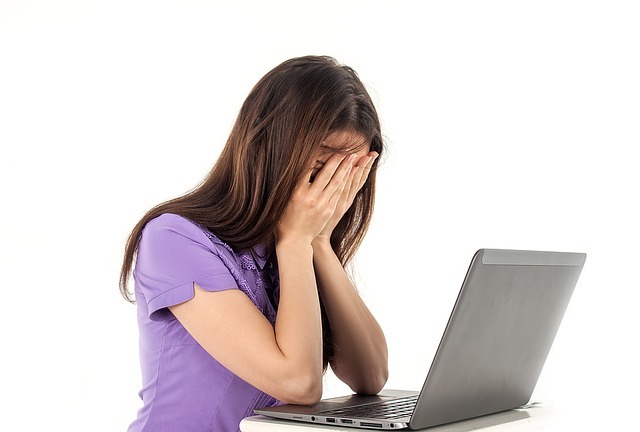
Pen and paper are one kind of technology; digital devices are another. As is so often the case, the wisest course (it seems to me) is not to blindly promote one technology and deride or ignore the other, but to use each in the ways that it best suits, thus getting the best of both worlds in the strengths of each. It doesn’t have to be either/or.

